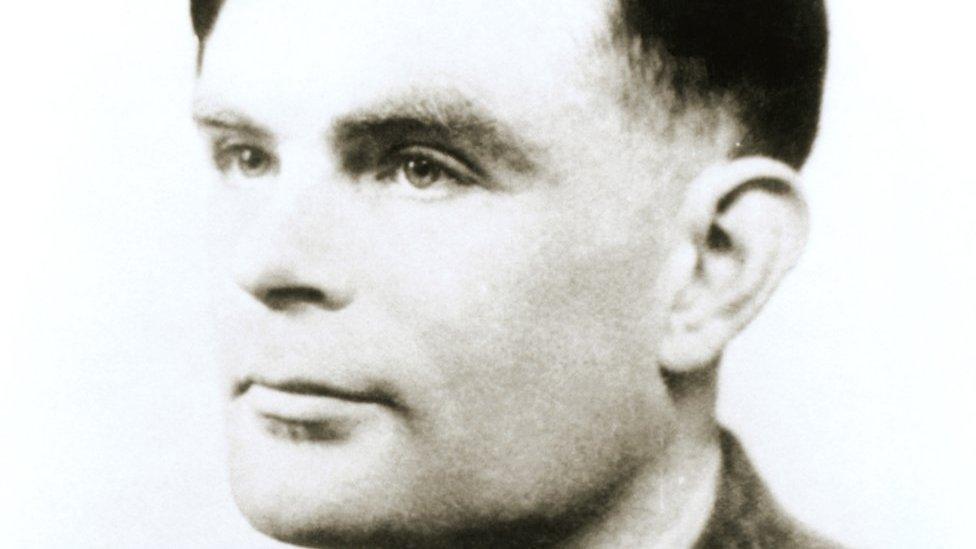Women to get gay-conviction pardons for first time
- Published
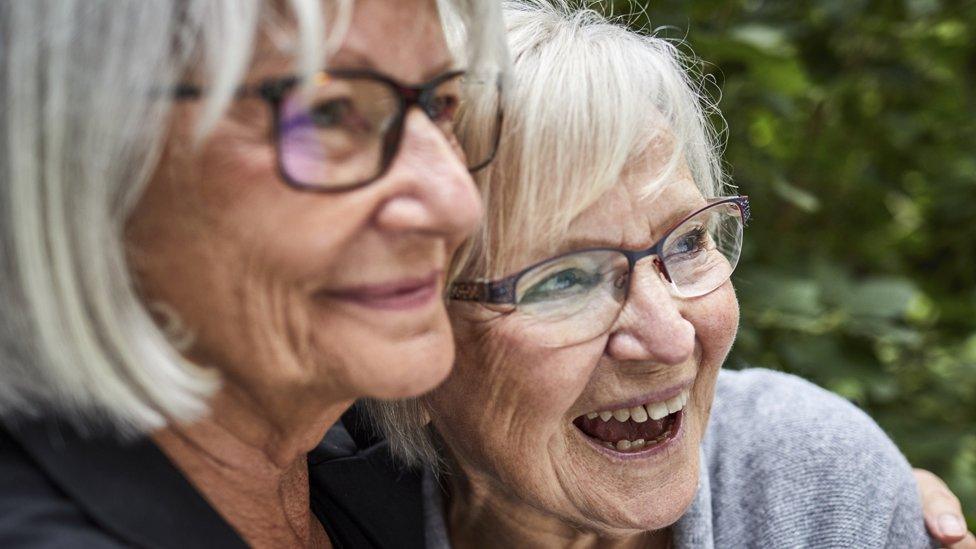
Women convicted of offences related to being gay can apply to have their convictions removed, under an expansion of the government's pardon scheme.
The Disregards and Pardons Scheme, launched in England an Wales in 2012, initially applied to only men - and specified offences.
Now, anyone convicted or cautioned under former laws related to same-sex activity can apply.
One charity welcomed the move but said pardons should be automatic.
Homosexuality was partially decriminalised in 1967. While lesbians were not explicitly outlawed in the same way as gay men, they were sometimes punished for same-sex activity under indecency laws.
This means the government is unable to estimate the number of women likely to be eligible and applications will be considered on a case-by-case basis.
Offences sometimes used to criminalise behaviour between gay men will also be included in the scheme - "solicitation by men", for example, which essentially criminalised one man "chatting up" another, the Home Office says.
But pardons will be granted only if certain conditions are met, such as the sexual activity is not an offence today.
Only 208 people have successfully applied for a pardon since 2012, Home Office data, external shows. More than 400 people's applications have been rejected because their convictions were not covered by the scheme.
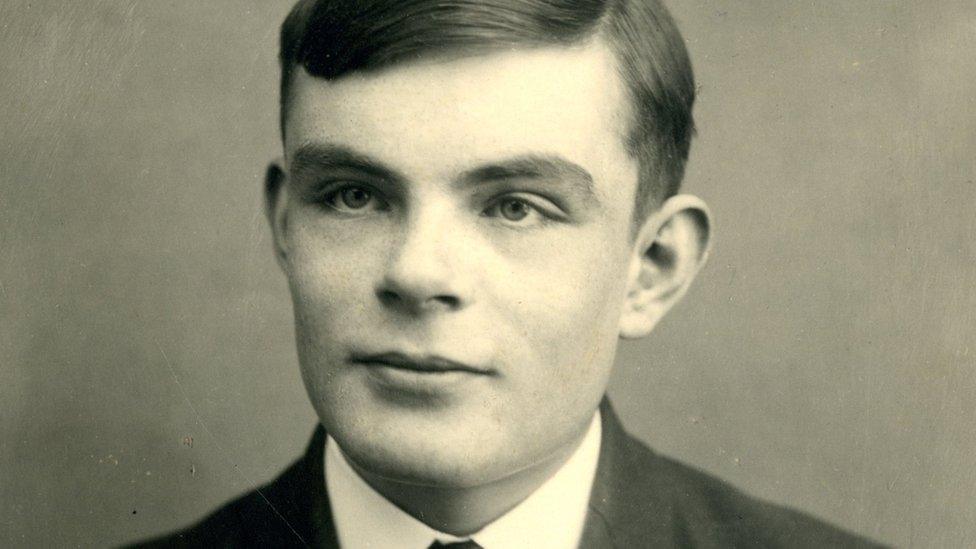
World War Two code breaker Alan Turing was given a posthumous pardon, in 2013
Jo Easton, chief executive of Unlock, a charity for people with criminal records, said the expansion was "an important step".
"We firmly believe people should not have to apply to have their record wiped of things that are quite rightly no longer offences," she said.
Those who successfully apply will have their convictions deleted from official records and no longer be required to disclose them during court proceedings or when applying for jobs.
Safeguarding Minister Sarah Dines hopes it will help "right the wrongs of the past".
Those who may be eligible can apply online., external

Have you been affected by this story? You can share your experiences by emailing haveyoursay@bbc.co.uk, external.
Please include a contact number if you are willing to speak to a BBC journalist. You can also get in touch in the following ways:
WhatsApp: +44 7756 165803
Tweet: @BBC_HaveYourSay, external
Please read our terms & conditions and privacy policy
If you are reading this page and can't see the form you will need to visit the mobile version of the BBC website to submit your question or comment or you can email us at HaveYourSay@bbc.co.uk, external. Please include your name, age and location with any submission.

Related topics
- Published4 January 2022

- Published30 September 2019
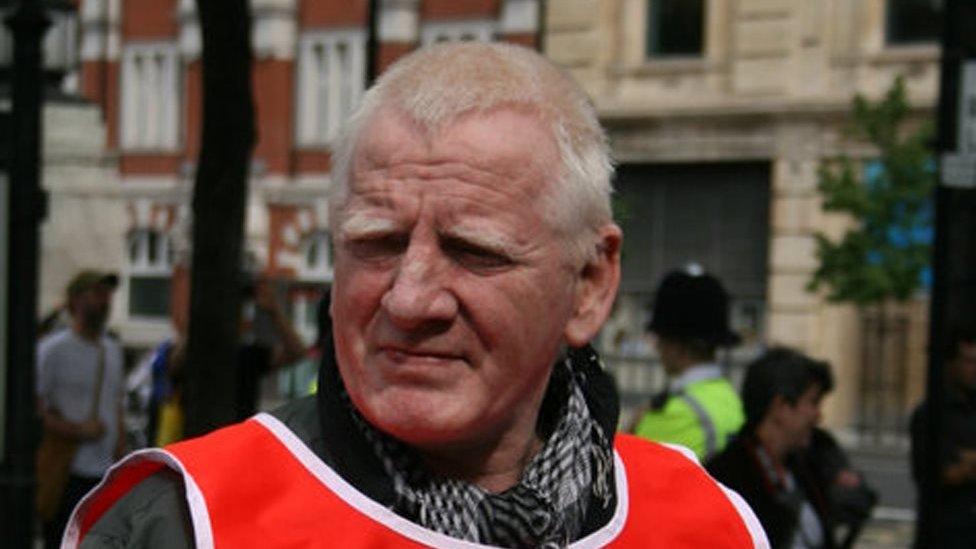
- Published9 June 2023
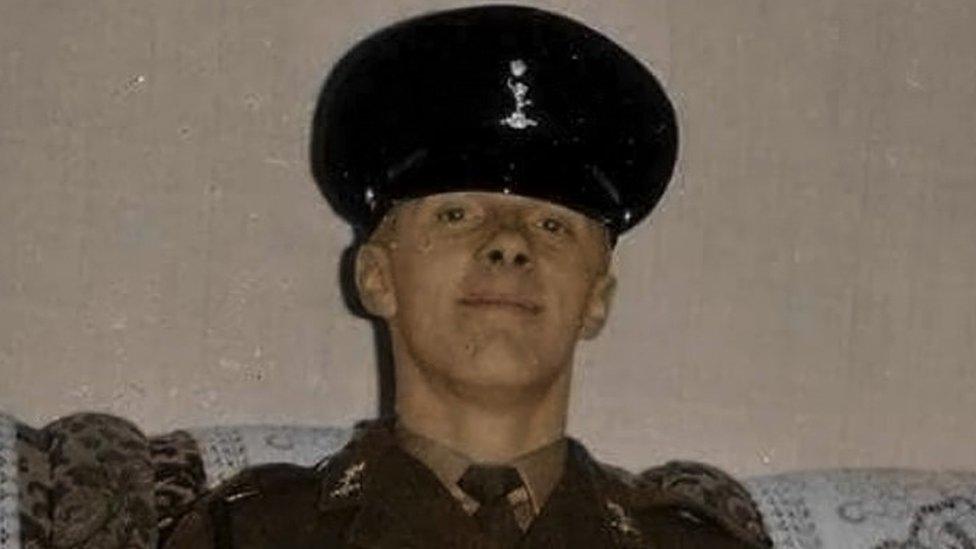
- Published26 February 2021
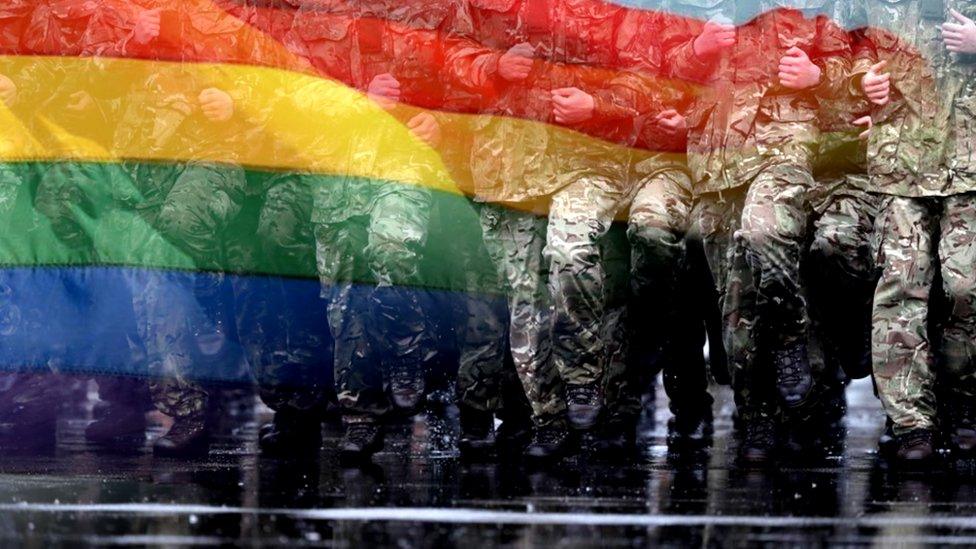
- Published20 October 2016
